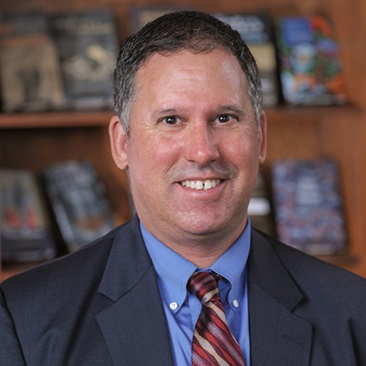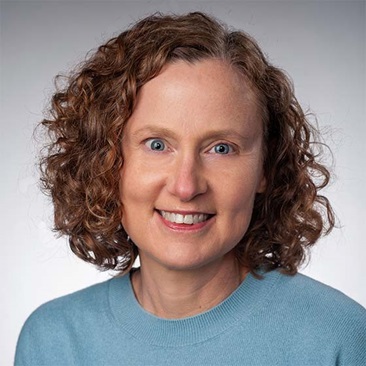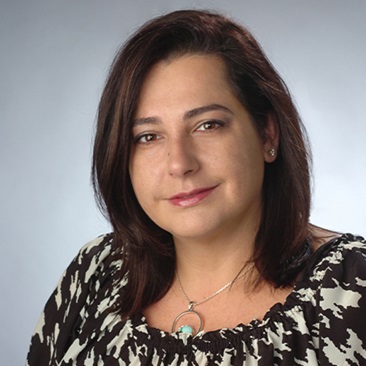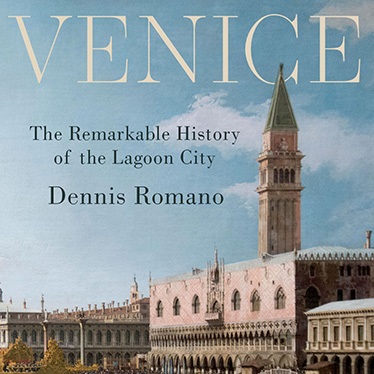Broad Mission
June 1, 2016
Carol Faulkner, Andrew London, and Tina Nabatchi come from different disciplinary backgrounds — history, sociology, and public administration, respectively — and specialize in topics ranging from 19th-century social movements (Faulkner) to health and well-being (London) to democratic governance (Nabatchi). Yet beneath these differences their work has a common theme: citizenship.
In recognition of that commitment, Faulkner, London, and Nabatchi have been named Tenth Decade Scholars — a program of the Tenth Decade Project, which celebrates and builds upon the School’s tradition of citizenship education. They each receive $5,000 a year for three years to support research and teaching. In the meantime, the Maxwell School continues to seek Tenth Decade Fund support to underwrite the naming of additional citizenship scholars.
“I think of my classes as inherently about citizenship,” says Faulkner. “I teach classes on the history of social protest, and on the history of American sexuality, which explores how Americans have conceptualized citizenship in terms of gender, race, and sexuality, all the way up through marriage equality.”
In recent years Faulkner has also been heavily involved with the creation of the Maxwell program in Citizenship and Civic Engagement, helping to plan the curriculum, serving as interim chair in 2015–16, and teaching the program’s core interdisciplinary course on ethics, justice, and citizenship. “The CCE program, like the Maxwell School, incorporates both theoretical and practical approaches to citizenship,” says Faulkner. “It’s exciting to watch the CCE students discover how to combine their classroom and community placement experiences.”
“Having a nuanced understanding of local, national, and global citizenship is critically important.”
Andrew London
Associate Dean and Professor, Sociology
Nabatchi, a member of the Public Administration and International Affairs faculty since 2007, works on far-ranging projects that, she says, center on one fundamental question: “How do we engage people in solving public problems?” She teaches courses on such topics as collaborative and participatory governance, and her mission to encourage citizen engagement has led to long-term projects with the World Bank, the U.S. Department of Health and Human Services, and the Obama administration’s Open Government Initiative.
Trained as a sociologist and demographer, London approaches citizenship from a different angle, focusing on those who are vulnerable or stigmatized, such as people living with HIV/AIDS, people with disabilities, the LGBT population, or veterans. “I tend to approach citizenship with a really broad definition,” says London, “in terms of social inclusion and health being a value that all societies want for their citizens.”
Along with his courses in sociology, London has been teaching the Citizenship and Civic Engagement core course on quantitative methods for the social sciences. “I emphasize with the students from the very first day that we live in a society where quantitative information emerges everywhere — in the media, in our workplaces, in our children’s schools,” he says. “In order to be a 21st-century citizen, you need to understand these kinds of numbers. To my mind this is a basic literacy.”
London adds, “Having a nuanced understanding of local, national, and global citizenship is critically important. The Maxwell School provides a rich and unique context for students to develop a multifaceted understanding of citizenship and tools for thinking about their own citizenship practices now and in the future.”
By Jeffrey Pepper Rodgers
This article appeared in the spring 2016 print edition of Maxwell Perspective; © 2016 Maxwell School of Syracuse University.
Related News
School News

Feb 27, 2025
School News
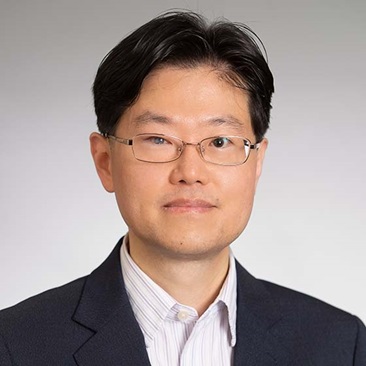
Jan 29, 2025
School News

Jan 23, 2025
